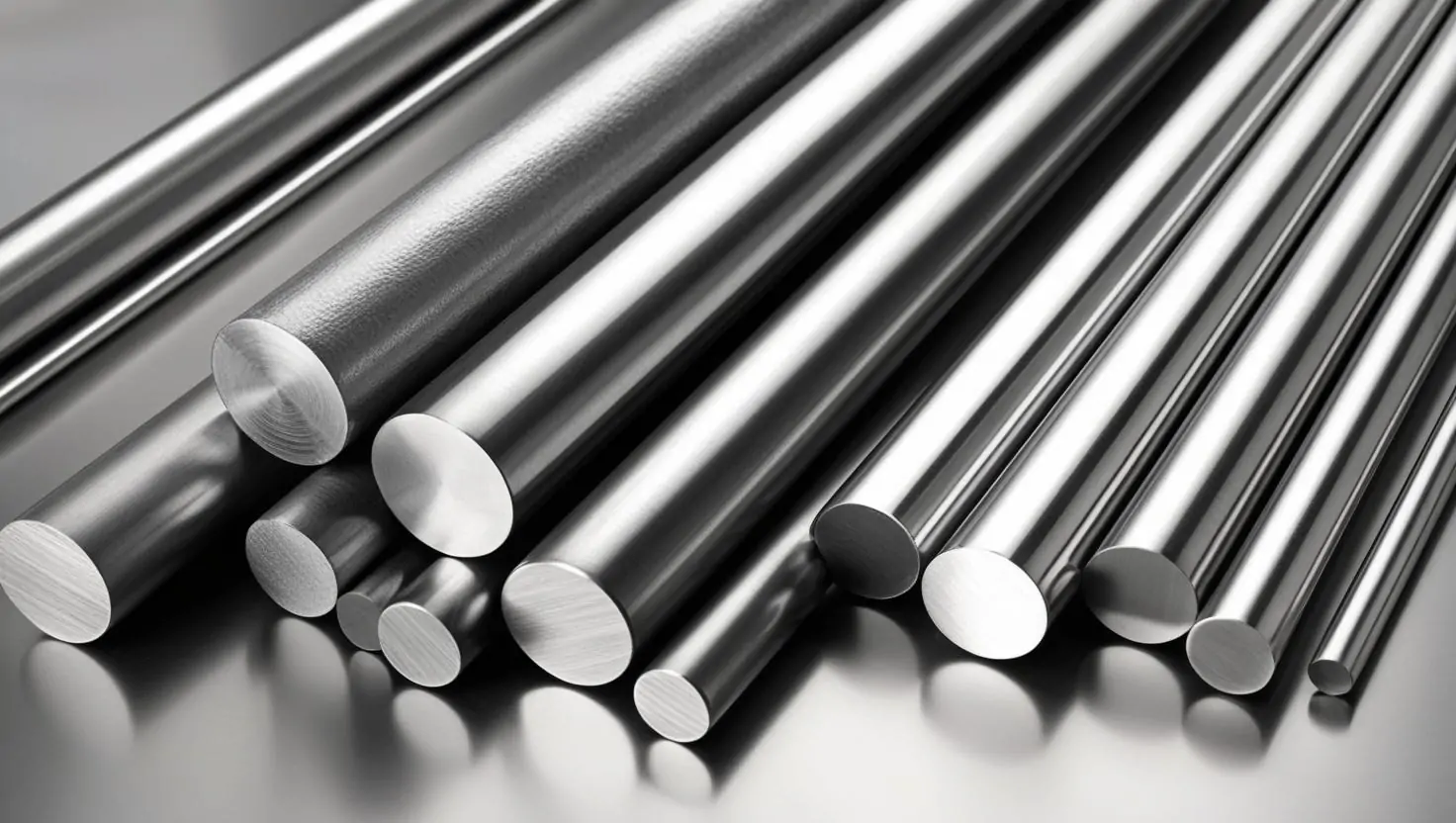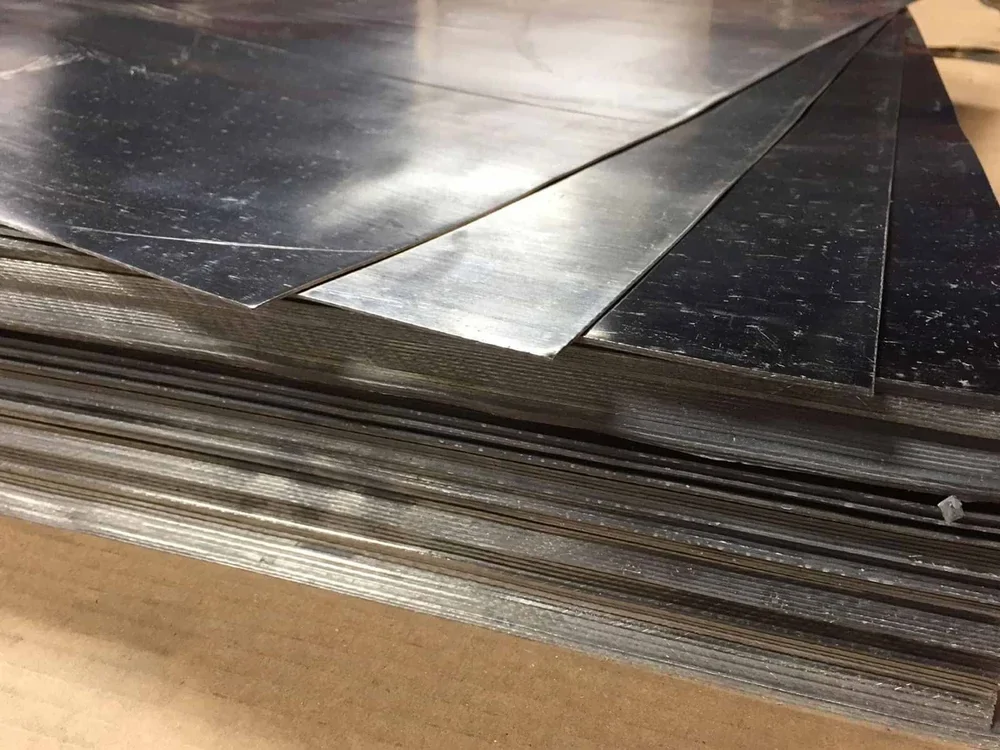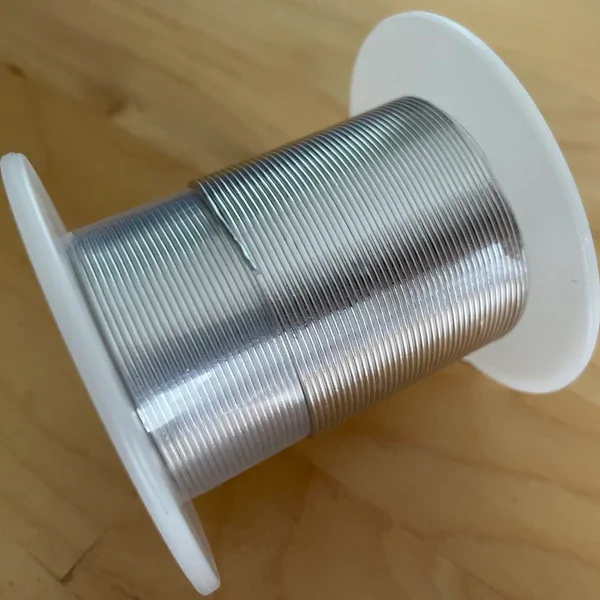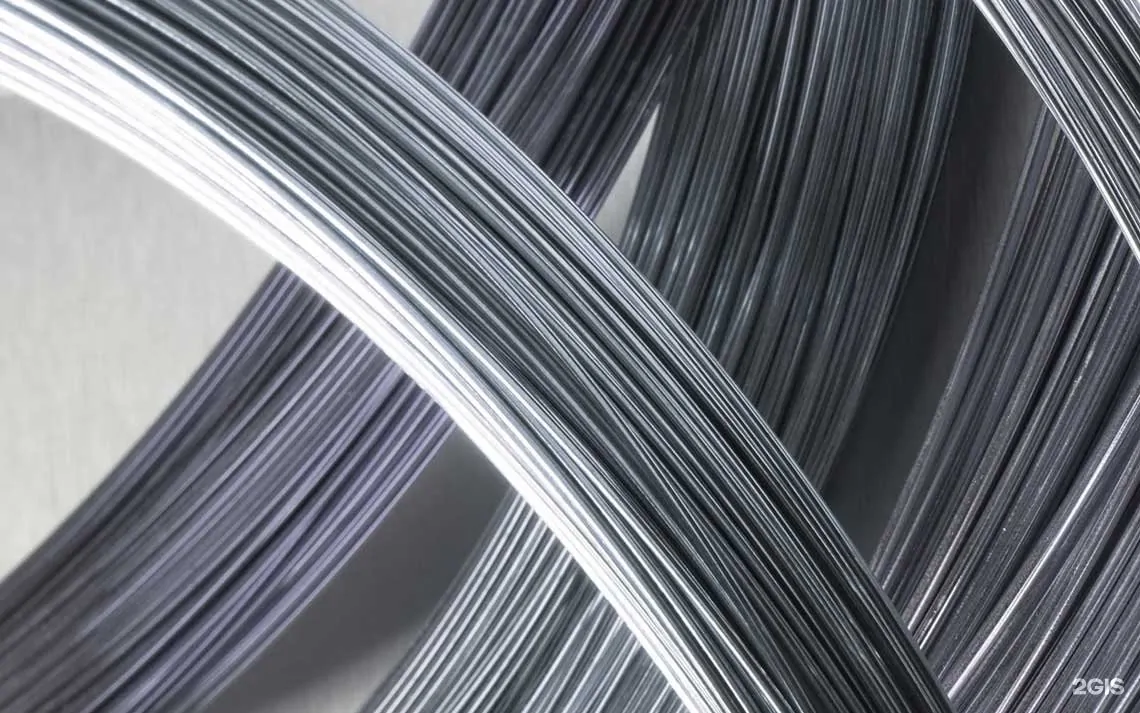Mu Metal Rods are specialised solid metal rods designed to shield sensitive equipment from magnetic interference. They’re made from a unique blend of metals that allow them to absorb and redirect magnetic fields, protecting devices from unwanted magnetic noise. These rods are widely used in medical machines, aerospace systems, labs, and industrial equipment. In this blog, we’ll look at what Mu Metal Rods are, how they’re made, where they’re used and why it is a trusted choice for magnetic shielding.
What Are Mu Metal Rods?
Mu Metal Rods are solid metal rods made from a special blend of metals. This blend is designed to block or reduce magnetic fields. These rods are real tools used in serious tech.
The name “Mu” comes from the Greek letter μ (mu), which is often used to represent magnetic permeability. That’s just a fancy way of saying how easily a material lets magnetic fields pass through it. Mu Metal doesn’t let much through. It has very high permeability. That means it can catch and trap magnetic fields, keeping them away from other things.
A typical Mu Metal mix includes about:
- 77% nickel
- 16% iron
- Small amounts of copper, molybdenum, or chromium
When these metals are combined the right way, they make something special—a soft, highly magnetic metal that works great at shielding.
Mu Metal is often shaped into sheets, enclosures, or foils. But in some cases, you need a solid, sturdy shape. That’s where Mu Metal Rods come in. They’re used when strength and form are just as important as shielding power.
Key Characteristics of Mu Metal Rods
1. High Magnetic Permeability
Mu Metal Rods are known for having extremely high magnetic permeability. This means they can attract and guide magnetic field lines better than most metals. They’re great at redirecting stray magnetic fields away from sensitive areas. This makes them ideal for shielding tasks in precision equipment.
2. Low Coercivity
Coercivity refers to how easily a material can be magnetized and demagnetized. Mu Metal Rods have very low coercivity. They don’t hold on to magnetism after exposure to a magnetic field. This helps them stay neutral and consistent in environments where the magnetic field changes.
3. Soft Magnetic Material
The term “soft” in this context doesn’t mean weak—it means flexible in how the metal responds to magnetism. Mu Metal Rods can quickly adjust to changing magnetic fields without losing their shielding ability. This trait is key for electronics that deal with varying currents or signals.
4. Strong Yet Workable
Despite being effective at magnetic shielding, Mu Metal Rods are still strong enough to hold their shape. They can be machined, drilled, or formed to fit exact needs. This balance of strength and flexibility is rare and makes them useful in custom engineering setups.
5. Stable Performance
Mu Metal Rods remain reliable under most operating conditions. While they don’t do well in very high heat, they stay stable in normal lab or industrial environments. Their consistent performance makes them a trusted material for long-term use.
6. Non-Corrosive Coating (optional)
Many Mu Metal Rods come with a protective coating to resist rust and surface wear. This is especially helpful in humid or outdoor environments. It also adds to the lifespan of the rod without changing its shielding properties.
Applications of Mu Metal Rods
1. Medical Equipment
Mu Metal Rods are often used in machines like MRI scanners and magnetoencephalography systems. These devices need zero outside magnetic noise to function correctly. Even small magnetic interference can skew results, and Mu Metal helps prevent that.
2. Aerospace Systems
Aircraft, satellites, and spacecraft carry many sensitive electronics. Mu Metal Rods shield these components from Earth’s magnetic field and solar magnetic radiation. This ensures systems like navigation, sensors, and communication remain accurate and functional in flight.
3. Laboratories and Testing Rooms
Physics labs and materials testing setups use Mu Metal Rods in magnetic shielding chambers. Instruments like magnetometers require a steady magnetic environment. These rods help build that shielded space so experiments stay accurate.
4. Military and Defense
Modern defense tech relies on electronics for targeting, guidance and surveillance. Mu Metal Rods are built into these systems to block unwanted magnetic signals. This makes sure devices perform under pressure without interference from nearby systems or weapons.
5. Transformers and Power Supplies
Power systems often generate magnetic fields that can affect nearby circuits. Mu Metal Rods help guide these fields away from critical parts of the system. This keeps power conversion stable and lowers electromagnetic interference in control boards.
6. Magnetometers
Magnetometers are used to measure magnetic fields very precisely. To stay accurate, they must be isolated from nearby magnetic sources. Mu Metal Rods are placed around or near them to catch outside fields before they reach the sensor.
7. Audio and Video Equipment
In high-end audio setups or broadcasting equipment, magnetic fields can cause buzzing or static. Some manufacturers use Mu Metal Rods inside the casing to block interference and preserve sound or image quality.
8. Industrial Machinery
Certain manufacturing tools, like electron beam welders or magnetic particle testers, need tight magnetic control. Mu Metal Rods help contain or redirect fields to ensure safety and performance during operation.
How Mu Metal Rods Are Manufactured and Processed
Mu Metal Rods are produced in a very precise operation that targets the structure of the metal as well as the magnetic properties. To begin with they melt a combination of certain metals primarily nickel and iron, with trace amounts of copper and occasionally molybdenum. They mix these in quantities measured precisely to form the main alloy. When the alloy is prepared, it’s then cast into crude rod form in molds.
After casting, the rods undergo hot or cold working, depending on usage and size. This process forms the rods into their final shapes. Next is one of the most significant portions of the process annealing. The rods are heated in a controlled atmosphere, usually hydrogen gas, during annealing to alter the inner structure of the metal. This process increases the magnetic permeability and decreases internal stress, making the rods significantly better at shielding.
After annealing, the rods are slowly cooled, thereafter cut, machined or coated as required. They may be treated with a protective covering to keep rust or surface damage at bay, particularly for rods that will be exposed to outside weather or high-humidity conditions. Prior to shipping out, every batch undergoes quality inspections to ensure the rods adhere to high performance standards. Even minor defects have the potential to impact shielding so accuracy is essential all the way through.
Why Choose Mu Metal Rods?
Selecting Mu Metal Rods is all about magnetic control you can depend on. The rods are engineered to perform one very specific task: shield or steer magnetic fields. Where magnetic interference can lead to errors or failure you require a material with consistent performance. Mu Metal Rods provide that level of performance.
They’re not only effective, they’re also reliable. They get the job done silently without requiring much maintenance. That makes them perfect for high-stress systems operating 24/7 such as medical scanners or aerospace electronics. Their solid state also allows them to be installed more easily in tight spaces where larger shields cannot fit.
Another big reason to use Mu Metal Rods is safety. In many industries, even small amounts of magnetic noise can lead to costly mistakes or dangerous outcomes. These rods help prevent that by keeping sensitive components isolated from magnetic fields. They also hold up well in most working environments, and if coated, they resist wear and corrosion. In short, Mu Metal Rods provide a simple, solid solution for keeping magnetic interference out—and peace of mind in.
Conclusion
Mu Metal Rods may seem simple, but they play a vital role in protecting sensitive equipment from magnetic interference. Their unique ability to absorb and redirect magnetic fields makes them a trusted solution across industries like healthcare, aerospace, and electronics. With strong performance, durability, and low maintenance needs, they offer reliable magnetic shielding where it’s needed most.







